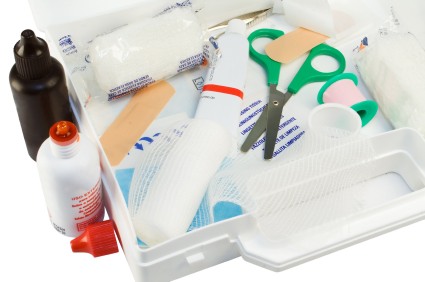Every mother should have some basic knowledge of the right way of cooking food so that the food value is preserved. Cooking involves many processes like boiling, steaming, frying, roasting, or baking.
Boiling and steaming result in comparatively greater loss of nutrients, particularly when the water is thrown away as in the case of rice or vegetables. If root vegetables like potato are boiled in their skin, the loss in nutrients is relatively small.

Better Methods of Cooking [( Excerpts from You and Your Child]
Similarly, soaking vegetables in water removes many nutrients. Removing the outer leaves of cabbage also removes a good source of vitamins. It is best to cut the vegetables just before cooking and to wash them before rather than after chopping them.
Sprouting
Sprouted dals or legumes, lightly cooked or raw are eaten all over the country. Sprouting improves digestibility and nutrition value, as there is an increase in vitamins B and C, and folic acid.
Malting
To malt, the grain is dampened to allow it to germinate. It is then dried, de-husked and milled. The malting process increases vitamin B and iron content. Porridge made from malted flour is less viscous, so more flour can be used to make porridge compared to the ordinary flour. This increases the energy density of food. A cup of porridge made from malted grain has more calories than a cup of porridge made from unmalted grain.
Milling
While milling is necessary to convert cereals into flour, quite a lot of nutrients, for example, vitamin B, calcium, iron and proteins, are lost in the process. Parboiling rice before milling preserves more nutrients.
Traditional beliefs
There are many age-old beliefs regarding hot and cold foods and many properties are attributed to various foods. Banana is believed to produce cough and phlegm. Orange is considered ‘cold’ and undesirable when the baby has a cold. Mango is ‘hot’ food but becomes ‘cool’ when soaked in water for some time. Cereals are supposed to be bad for the liver.
You may wonder who is right — the doctor, your mother, mother-in-law or neighbours. Actually there are so many equally nutritious foods to choose from that you can successfully feed your child as well as keep peace in the house. Remember, no one food is a must for the child. Fruits and dal can be given if his granny has doubts about cereals. One vegetable can be substituted for another. In winter, extra milk, kheer or panir can be given instead of curd, and so on.










